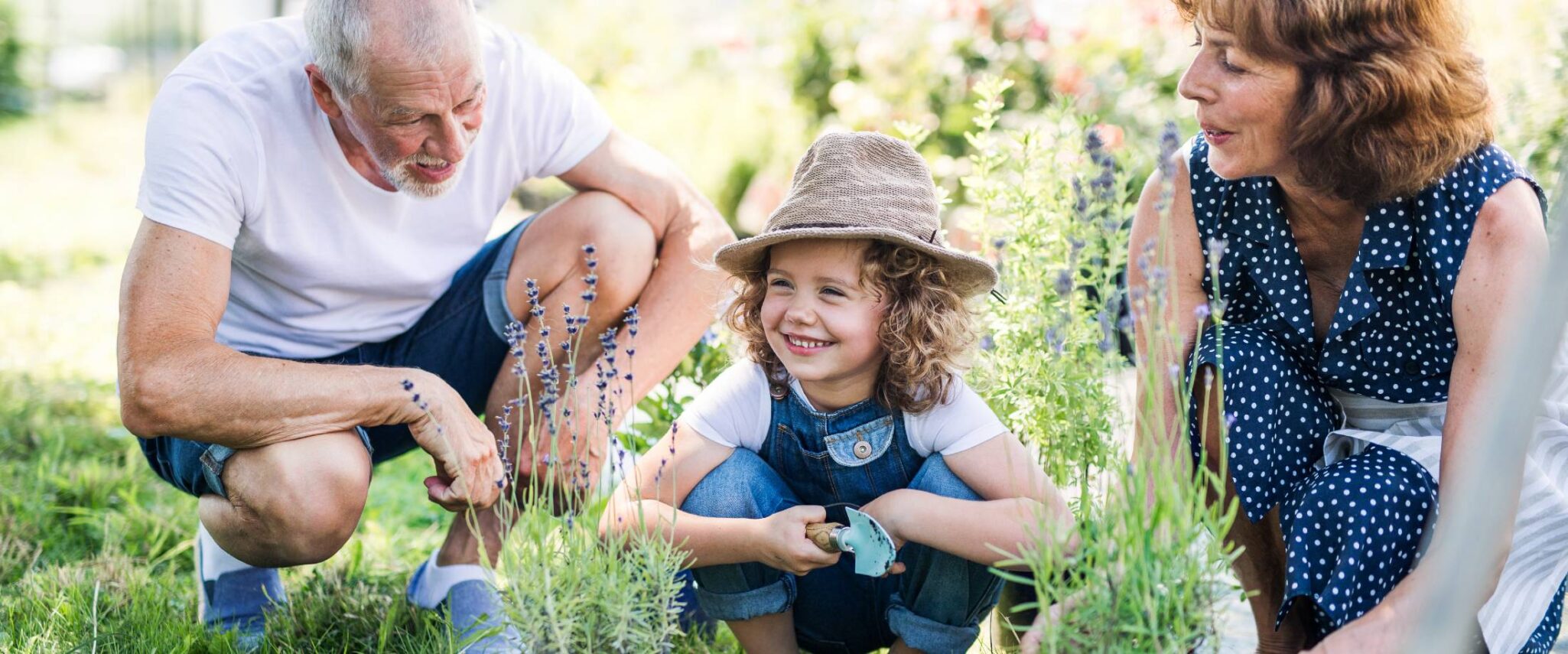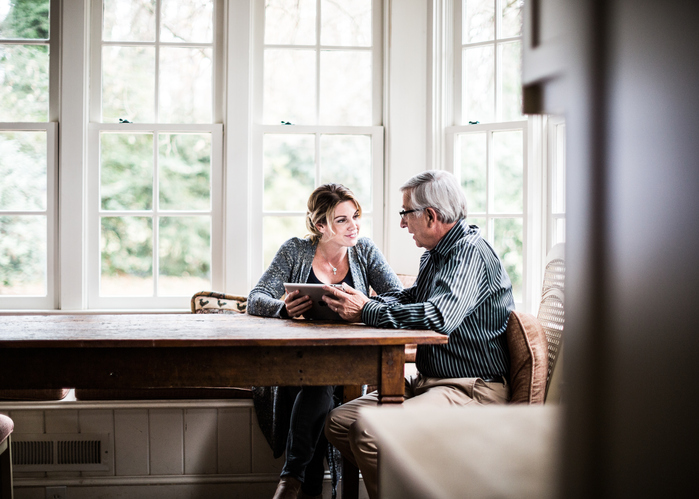Gardening is a great way to get some fresh air and exercise. It’s good for you and good for the environment – especially if you choose plants native to Pennsylvania.Native plants are easy to grow because they like our climate. They don’t ask much of you, requiring little or no pruning, deadheading, watering or fertilizing. They also help preserve our state’s biodiversity.With more lawns and gardens filled with plants from other regions, our native insects have less to feed on. Native insect species and native plants have evolved together over thousands of years. Non-native plants are typically not edible for native caterpillars and other native insects. These native insects are important food sources for hummingbirds and songbirds. In addition, pollinators such as bees and butterflies are attracted to native plants. Without pollinators, we humans wouldn’t survive.
What are native plants?
Pennsylvania native plants include the ferns, grasses, perennial and annual wildflowers, woody trees, shrubs, and vines that covered Penn’s Woods when the first settlers came. Some examples may be growing in your garden already: garden phlox, bleeding heart, bee balm, New England aster, butterfly weed and flowering dogwood.
Where to buy native plants.
Many nurseries offer native plants to suit a variety of conditions. You can also check the
native plant database for our area. State parks also hold
plant sales near the end of April through early May.Whether you’re adding Pennsylvania native plants to your perennial borders, adding a bed of native plants to reduce the size of your lawn, or creating a butterfly garden, there are wonderful native plants to help you achieve your gardening goals.
Pennsylvania native plants for perennial gardens.
Here are just a few of the many native plants to consider for your garden.
| Name |
Height |
Color |
Blooms |
Notes |
| Columbine (Aquilegia) |
1-2′ |
Red & yellow |
April-June |
Partial shade to sun |
| Butterfly weed (Asclepias tuberosa) |
1-2′ |
Orange |
June-July |
Full sun; attracts butterflies |
| Wild bleeding heart (Dicentra eximia) |
1-2′ |
Pink |
April-Sept. |
Partial shade |
| Joe-pye weed (Eutrochium purpureum) |
2-7′ |
Pinkish-lavender |
July-Sept. |
Partial shade; attracts butterflies |
| Dwarf crested iris (Iris cristata) |
4-12″ |
Blue/violet |
April-May |
Partial shade to sun |
| Virginia bluebells (Mertensia virginica) |
1-2′ |
Blue |
April-June |
Shade to partial sun |
| Bee balm (Monarda didyma) |
2-3′ |
Red |
July-August |
Sun to partial shade |
| Summer phlox (Phlox
paniculate) |
3-4′ |
Pink to lavender |
June-August |
Sun to partial sun |
| Black-eyed Susan (Rudbeckia fulgida) |
1-3′ |
Yellow |
July-October |
Full sun |
| Showy goldenrod (Solidago speciosa) |
1-5′ |
Yellow |
August-Sept. |
Sun to partial sun |
Gardening is just one way we help you thrive.
At Freedom Village at Brandywine,
independent living means having more time to do the things you love. From gardening and painting to volunteering and woodworking, there’s always something to pique your interest and provide opportunities for growth and fulfillment. To learn more about our engaging lifestyle,
get in touch.





